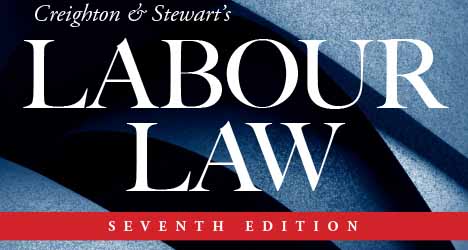Over a decade ago, I served as an occupational health and safety (OHS) adviser for the Victorian government on various public transport infrastructure projects. One of the largest at the time (before Victoria’s ongoing Big Build suite of projects), one project was managed by a Project Superintendent who taught project management at university level.
I was asked to speak about safety at the start of one of the regular project meetings. There was a lot to discuss, but after 10 minutes, the Superintendent, who was also the meeting’s chair, cut me off and moved on to other matters. He also decided to remove OHS permanently from the Project Management meeting agenda and hold it in a separate meeting, which he never attended. Later, he made it clear that he saw OHS as an impediment to the project’s program of works and not part of his considerations.
I was reminded of him recently upon reading a new book about the project management of Victoria’s Level Crossing Removal Project (LXRP), as OHS is rarely mentioned and never in a positive context.







